With Evo 2023 kicking off, Riot Games fans will be able to test the highly anticipated fighting game code named Project L. Since its first announcement in 2019, the hype around Riot’s fighting game has grown massively with every developer’s update or video released through the years, and now fans can finally get their hands on the first public demo.
But if champions, locations, gameplay, and mechanics have already been revealed, the name of the fighting game inspired by League of Legends remains a mystery—though there are some names that seem more likely than others. Here are three possible names for Riot’s fighting game, plus a bonus one.
Rift Rumble
This title might be the most likely to become the official name for Project L for one reason: it is already trademarked by Riot. On the list of properties legally owned by Riot, there is every game and project they’ve either created or produced, including all games under the Riot Forge umbrella and all bands from Riot Music. Through all known titles like League and VALORANT, there’s one title that is a mystery to Riot’s community: Rift Rumble.
Together with the title’s potential name, there are also listed a series of possible esports competitions linked to that name, including “Western Rift Rumble” and the “Rift Rumble Series.” They’re classified as “goods and services” with the description citing: “Broadcast and streaming of computer and video game competitions and tournaments over global communications networks, the Internet and wireless networks.”
Intriguing, no?
Rising Legends or Legends Rising
Another possible name for Project L could be a tribute to the free-to-play fighting game developed by Radiant Entertainment which was later canceled after Riot acquired the producing studio. Released in an alpha state in 2015, Rising Thunder was supposed to be a simple fighting game that players could play solo or in multiplayer—and with different controllers.
Despite Rising Thunder being a completely different game than what Project L turned out to be, the similarities between the two could also inspire Riot to name its fighting game after the canceled title.
Clash of Fates
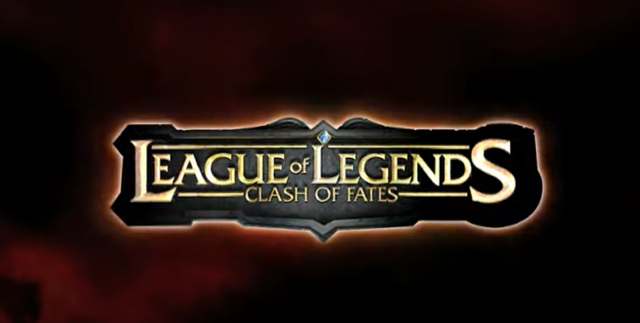
League was originally announced as League of Legends: Clash of Fates but the subtitle was later lost during the launch phase and, seemingly, never saw the light of day again. Initially believed to be a working title for a Steam launch according to a 2012 report from PCGamesN, Riot quickly quelled any such rumor, and League marched on, unperturbed by Steam.
While this might be a name more appropriate for another animated series inspired by the game, there’s no reason to believe Clash of Fates is out of the running here. And why not for a fighting game, the ultimate arena for champions to clash?
Project L
But why go all the way to trouble an ancient, dead, and buried name when you have a perfectly working one already set up? Riot could simply decide to leave Project L as the official title for its fighting game. The official website is already up and running under this title and the community across the globe has already widely adopted this as the title.
Related: Riot showcases Project L’s 2-vs-2 game mode—and it’ll be playable at Evo 2023
While this might be unlikely due to the implication with League’s Project skin line and the too-general nature of the name, it could be an unexpected outcome that would take everyone by surprise. It’s no doubt Riot fans and the fighting game community eagerly await the reveal of Project L’s true name, but in the meantime, they are being spoiled with new announcements regarding the game and even with a public playtest at Evo 2023 this week.


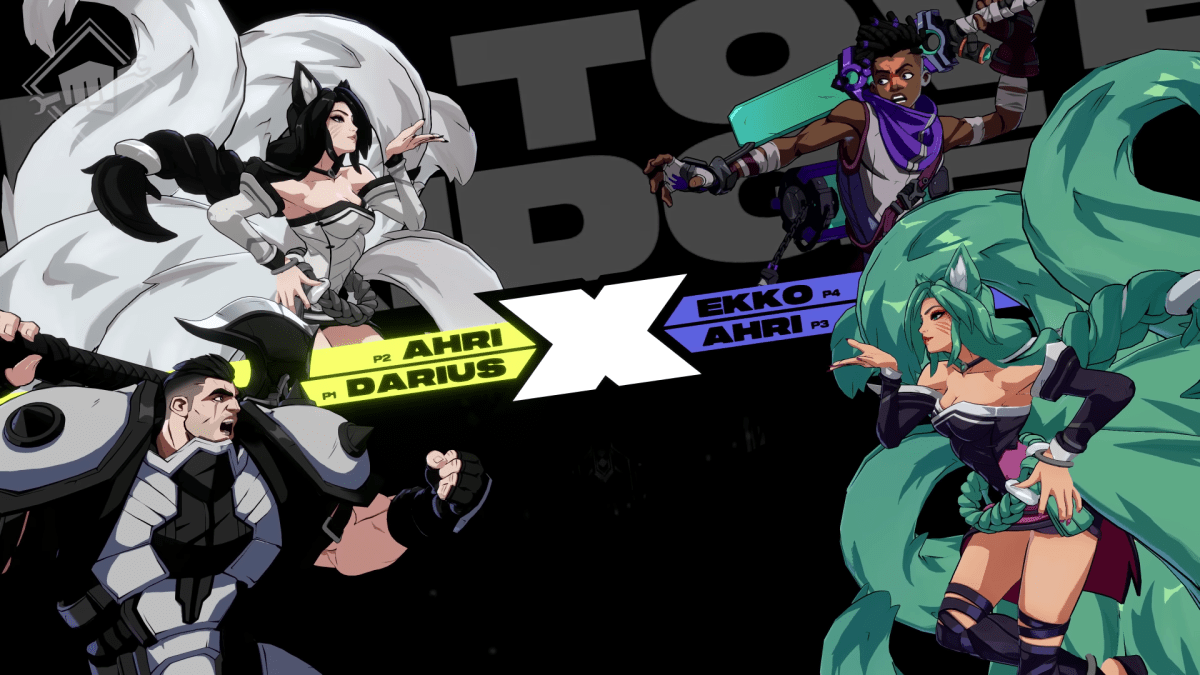

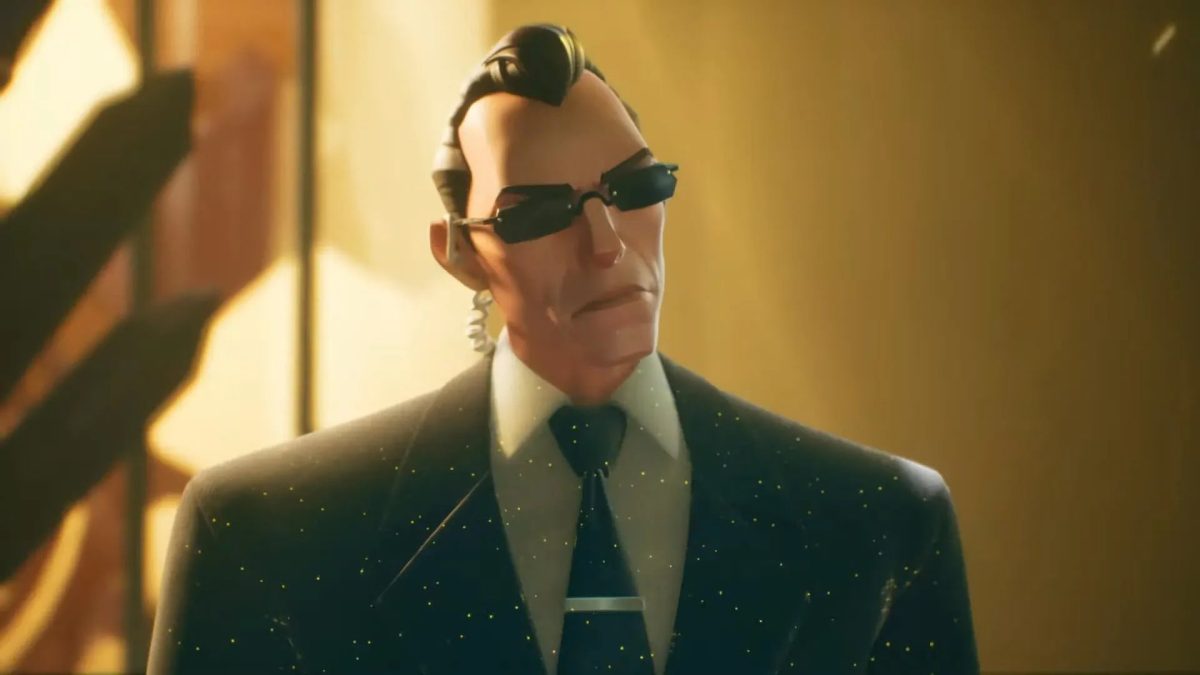
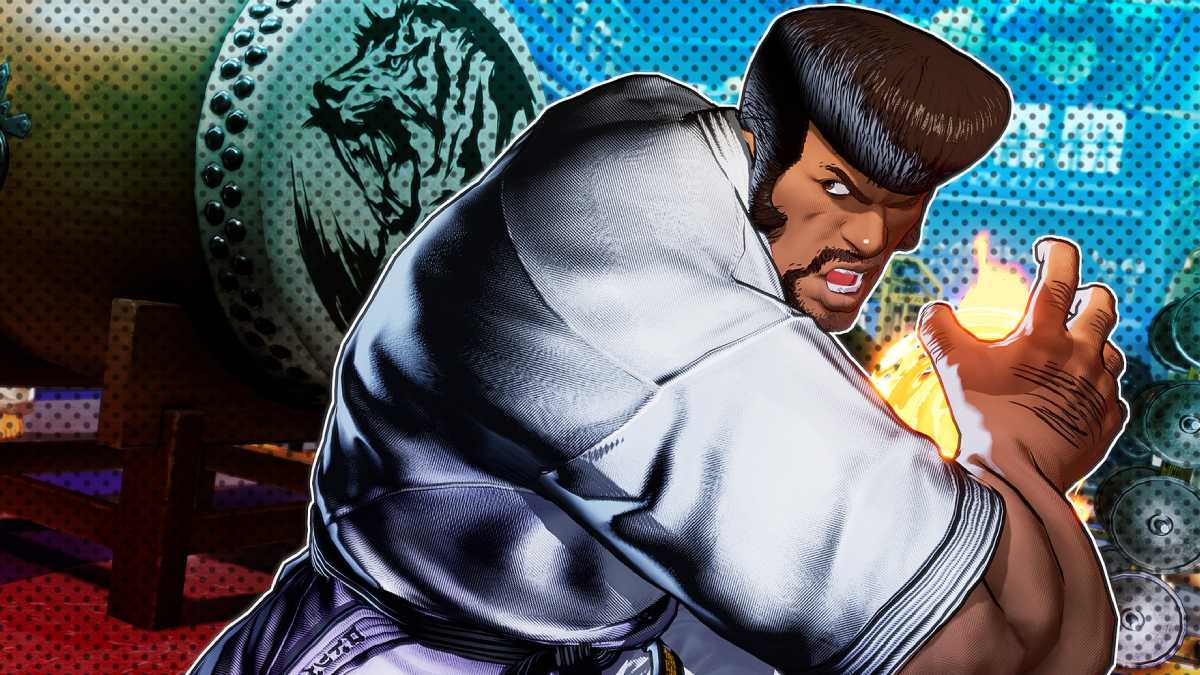
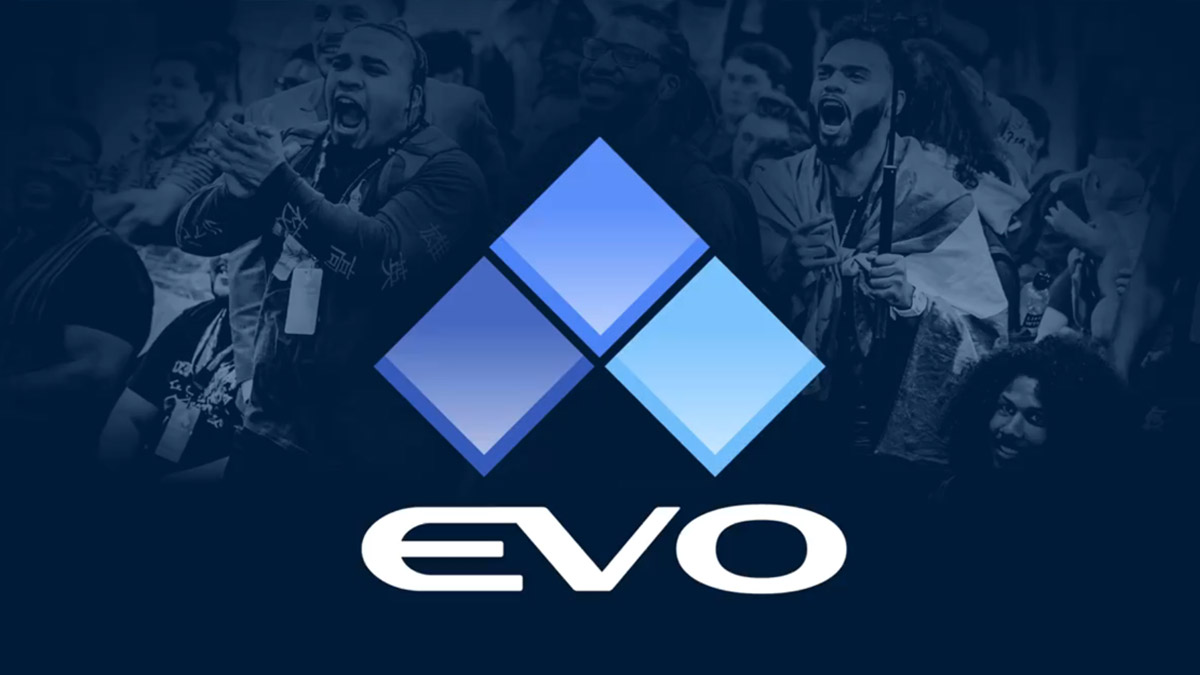

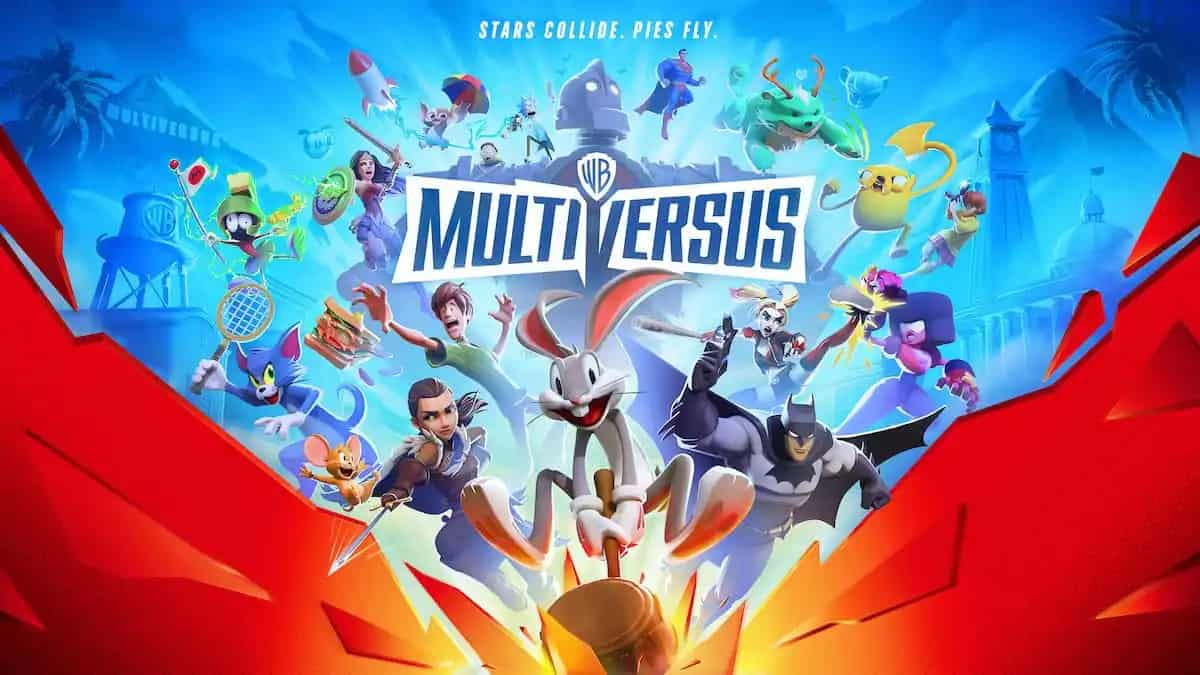
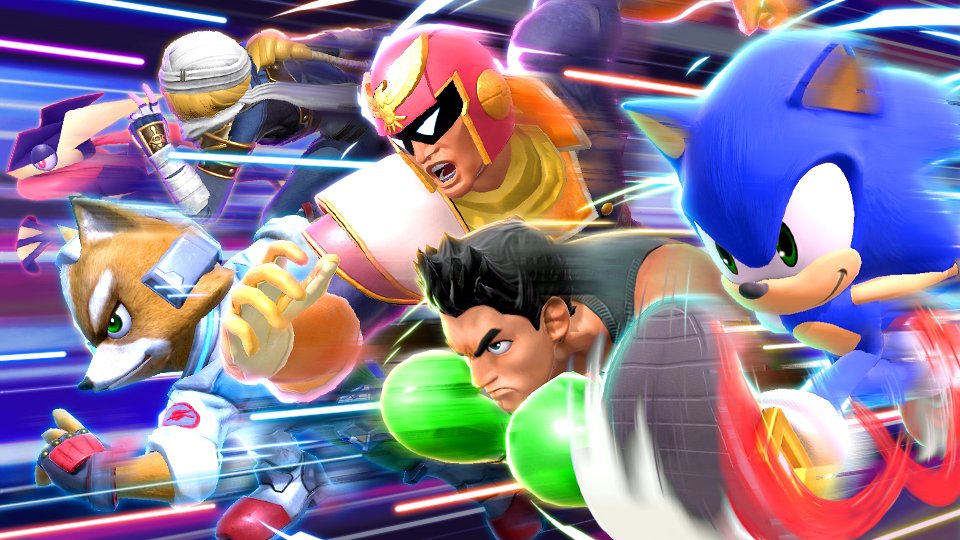
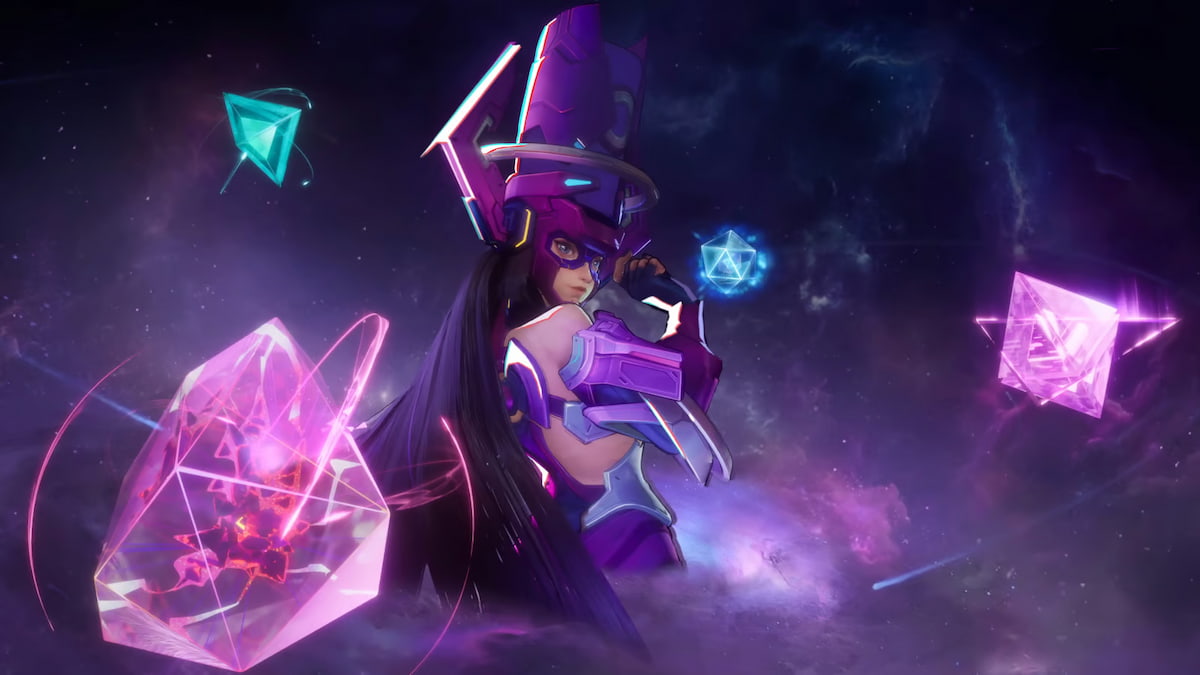

Published: Aug 4, 2023 10:18 pm